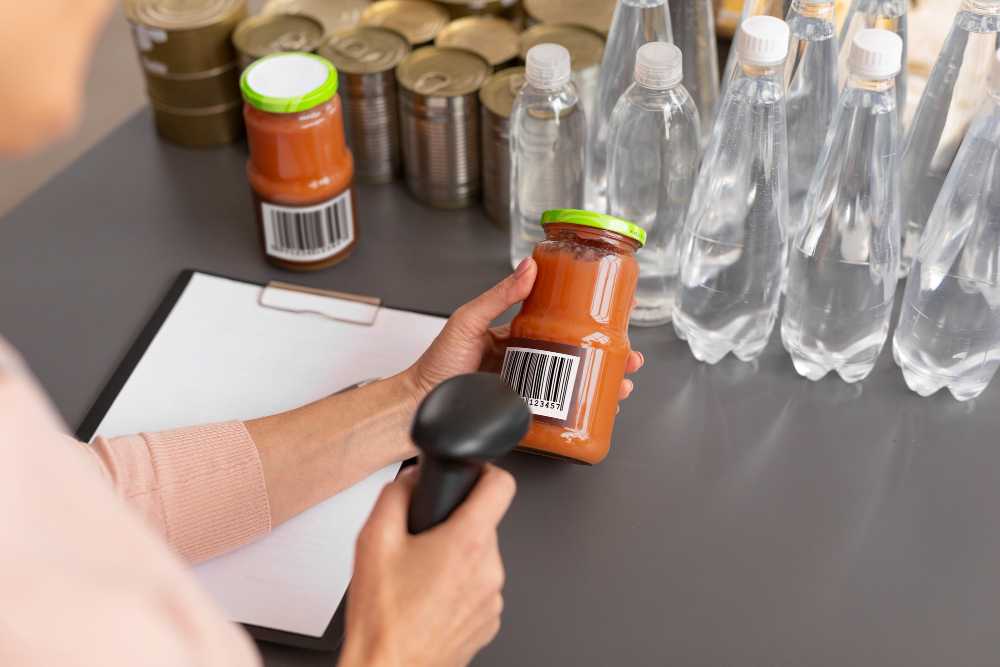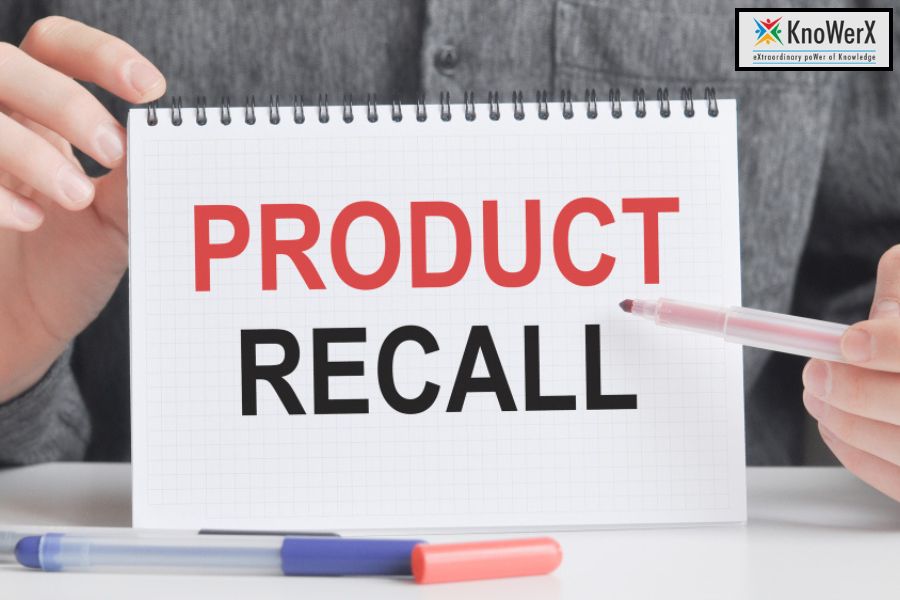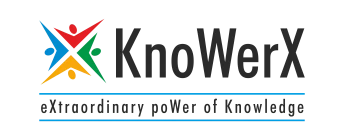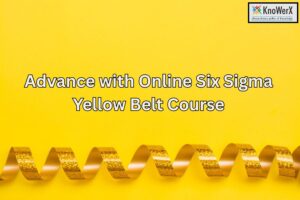Full Understanding of Product Recall in Business – Tips for Professionals
In today’s competitive and highly regulated marketplace, a full understanding of product recall is not just a necessity; it’s a survival skill for businesses. Whether you operate in manufacturing, retail, pharmaceuticals, or food production, knowing how to manage a recall can mean the difference between protecting your brand and suffering long-term damage. Product recalls can happen to any business, and when they do, they often create financial strain, operational disruption, and reputational challenges.

To help you stay prepared, here are practical tips covering the causes of product recalls, types of product recalls, and the process and impact of product recalls on businesses.
1. Identify and Prevent the Root Causes of Product Recalls
A strong understanding of product recall starts with knowing why they happen in the first place. Some of the most common causes include:
- Manufacturing defects – Problems in the production process such as faulty assembly, poor workmanship, or contamination.
- Design flaws – Unsafe designs that lead to functional failures or safety hazards.
- Labelling errors – Incorrect usage instructions, allergen mislabelling, or missing safety warnings.
- Supply chain issues – Substandard raw materials, improper storage, or handling errors during transport.
Tip: Introduce robust quality assurance processes and regular supplier audits. By catching defects early in the supply chain, you can reduce the likelihood of a recall before products even reach the market.
2. Understand the Different Types of Product Recalls
To develop a understanding of product recall, you must know the classifications:
- Voluntary recalls – Initiated by the manufacturer or seller to remove a potentially dangerous product before regulators step in.
- Mandatory recalls – Ordered by government agencies when a product is proven unsafe.
- Consumer-level recalls – Where customers are contacted directly to return or replace the product.
- Retailer-level recalls – Where defective products are removed from store shelves before reaching the end consumer.
Tip: Establish clear protocols for internal decision-making so your organisation can act quickly, whether the recall is voluntary or mandatory.
3. Follow a Clear Product Recall Process
The recall process should be systematic to reduce risk and restore trust. The steps generally include:
- Detection – Identify a defect or safety issue through testing, customer complaints, or regulatory inspection.
- Assessment – Determine the severity, potential harm, and extent of the problem.
- Notification – Alert regulatory authorities, distributors, retailers, and customers.
- Product Retrieval – Collect faulty products from warehouses, stores, and customers.
- Root Cause Correction – Implement permanent fixes to prevent a repeat occurrence.
Tip: Maintain a documented recall plan as part of your crisis management strategy so that every department knows its role and responsibilities when a recall is triggered.
4. Minimise the Impact on Your Business
A major part of the understanding of product recall is recognising its potential business impact:
- Customer trust erosion – Negative media coverage can damage your brand image.
- Operational disruption – Recalls can halt production lines, delay new launches, and cause bottlenecks.
- Financial strain – Costs can include product retrieval, destruction, replacement, legal fees, and potential fines.
- Regulatory consequences – Failure to act quickly and transparently may lead to lawsuits or stricter inspections.
Tip: Use transparent communication to reassure customers and stakeholders. Offering prompt refunds or replacements can help mitigate damage to your reputation.
5. Prepare Your Workforce for Product Recalls
A recall response is only as strong as the team behind it. Training employees on the understanding of product recall ensures a faster, more compliant response when issues arise.
Tip: Conduct simulation drills and cross-departmental training so your staff knows how to respond under pressure. Collaborating with industry experts like KnoWerX can help your organisation gain best-practice insights for recall prevention and management.
6. Monitor and Improve Recall Readiness
Your business should always be in a state of readiness for potential recalls. This requires ongoing monitoring of product performance, customer feedback, and supplier compliance.
Tip: Incorporate technology such as product traceability systems, ERP tools, and AI-powered defect detection to catch issues early and speed up the recall process if needed.
Frequently Asked Questions
What is a product recall?
A product recall is a process where defective or potentially harmful products are removed from the market to protect consumer safety and comply with regulatory requirements.
What triggers a product recall?
Recalls are usually triggered by issues such as manufacturing defects, design flaws, incorrect labeling, contamination, or supply chain problems identified during inspections, customer complaints, or routine testing.
Who is responsible for initiating a recall?
A recall can be initiated voluntarily by the manufacturer, supplier, or retailer. In severe cases, government regulatory agencies can mandate a recall to ensure public safety.
Ending Remarks

Mastering the understanding of product recall means much more than simply reacting to an incident it’s about prevention, preparation, and protection. By knowing the causes, understanding the types, following a clear process, and managing the impact effectively, businesses can safeguard their reputation and maintain customer trust.
At KnoWerX, we provide professionals with the expertise, tools, and strategies needed to handle recalls efficiently while strengthening overall supply chain management. With over 33 years of combined industry experience and a legacy of training professionals across India and abroad, we are committed to equipping you with the skills to navigate challenges and achieve excellence in your career.
Image Reference: Freepik
Disclaimer: All trademarks, logos, and brand names are the property of their respective owners. All company, product, and service names used in this website are for identification purposes only. Use of these names, trademarks, and brands does not imply endorsement.



